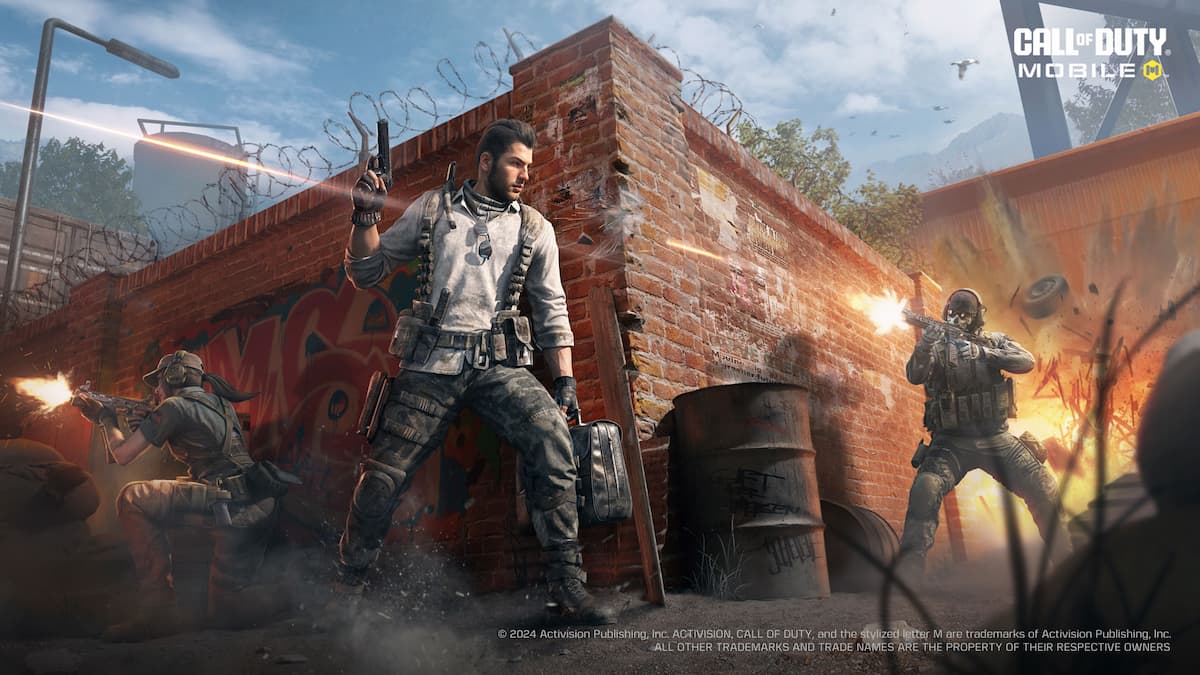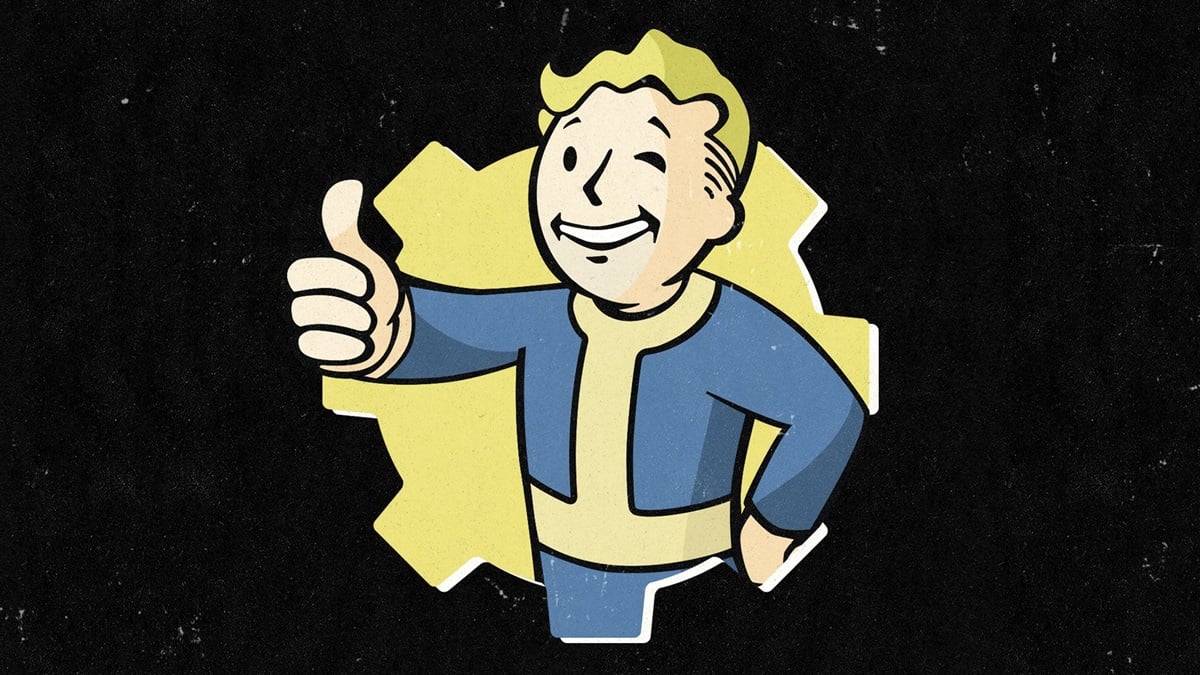Betrayal! Losing! How not to be a dick!
Video games (single-player ones, at least) teach you that you are the best, you are the only one who matters, you will always get more powerful, that your hand will be held, that you don’t need to actually care about other human beings.
Board games teach you the opposite: you probably won’t win, other people matter so you should probably be civil to them, you may have to do some work and think a little, you may have to be patient. Coincidentally, board games are becoming more inclusive and are a generally far, far more positive space than video games are right now. Wonder if there’s a connection there.
You will lose

Apart from roguelikes, sports games, or the odd permadeath run, most every video game basically casts the player as an immortal god-being with time manipulation powers (or, in other words, Nicholas Cage from Next). If you fail, you can just retry what you did and do something else. While this structure greatly reduces the player’s frustration, it also teaches them an implicit, deeply harmful lesson: that there is no such thing as true failure. That so long as you beat your head against a wall for a really long time, eventually that wall will break down.
On the one hand, this is uplifting — you’re good enough! Just keep trying!
On the other hand: that’s kind of an entitled point of view, isn’t it? If you can do everything, then you deserve everything, and anything you can’t do must not be your fault. The designers sucked. The mechanics were unfair. Something.
Board games, on the other hand, make you lose damn near all the time. You can play Risk: Legacy with six people, but five of those people will lose every single game. You will lose at least half of your Netrunner matches. All the players can simultaneously win in Dead of Winter, but it’s far more likely that all of them will lose.
Losing is a part of life. Failures (not just temporary setbacks, but failures) are an important part of the human experience. They make you re-examine what you did. They make you accept that the world doesn’t exist just for your own pleasure. In many cases — in the best cases — they make you want to dust yourself off and play again.
Be cool to each other

I’ve played board games with people I’ve had drastically different sociopolitical philosophies with. They knew it. I knew it. And you know what? We just acted fuckin’ cool about it. Yes, when he kills my knight in Arcadia Quest, I may be irritated, but I’m not gonna hurl slurs at him. I’m not gonna tell him to uninstall his game and go home. Why? Because he’s a person. Because I’m sitting across from him. I’m looking at him in his goddamned face.
If I could make every League of Legends player who ever flamed another player into giving up the game to play a board game with the person they’d flamed, I would do so immediately.
Knowledge is power

I sometimes root for Bond villains.
I mean, they’re intelligent, they’re passionate, and, most of all, they’ve planned some shit out. They’re careful. Meticulous. And then everything they’ve built gets utterly destroyed by a drunken rapist who just kinda stumbles around until the villain’s underground base explodes.
In video games, you generally play as James Bond.
In board games, you generally play as the villain. More than that, you’re actually rewarded for planning and scheming and thinking your way through stuff rather than blasting your way through it.
This is a much better life lesson than “improvise a lot, fuck shit up, and you’ll do better than smarter people who actually use their goddamned brains.”
People are the most interesting game mechanic

Werewolf is probably one of the best games ever made. Here is a list of things it does not have:
- an XP system
- multiple weapons
- a story
- varying objectives
- achievements
- a point system
- explorable locations
- stealth
- combat
- an open world
Here is a list of things it does have:
- People
- Lies (see also: people)
Human beings are more devious and surprising than any AI. Board games understand how to use humanity’s natural interestingness, in combination with simple-yet-vague objectives (“convince the other players you are a werewolf! Everybody else, try to figure out who the werewolf is!”)
Many popular board games (Werewolf, Coup, The Resistance) are all about using people, rather than systems.
I’ve only ever played two video games that are interesting in the same way that Werewolf is. Trouble in Terrorist Town is basically werewolf crossed with CounterStrike. SpyParty is something else entirely, but still deeply rooted in human deception and cleverness.




